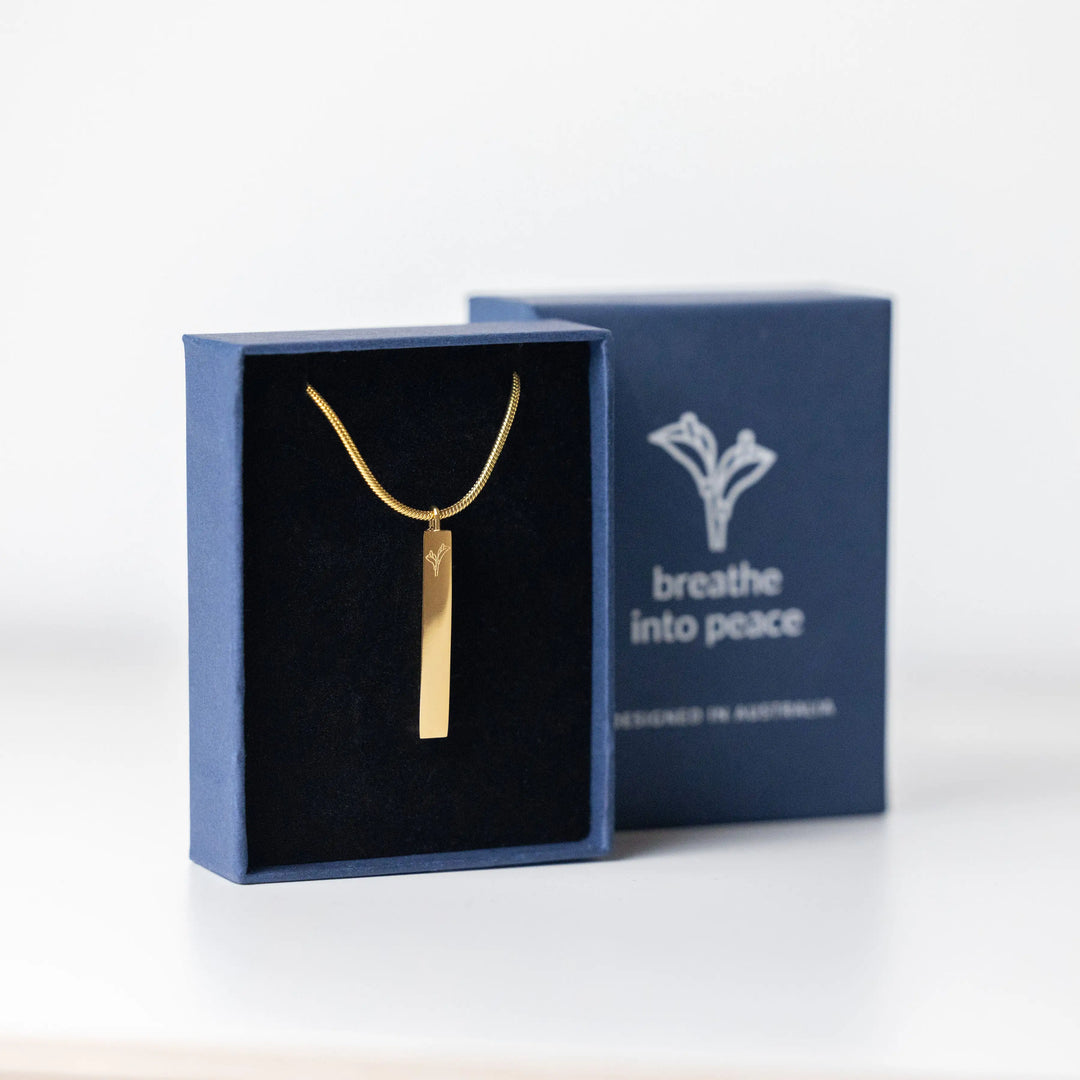What is the evidence that shows breathwork is a valuable tool for managing stress?
In the fast-paced world we inhabit, stress has become an unwelcome companion for many. As the quest for effective stress-management techniques becomes more pressing, one ancient practice has been making a remarkable resurgence: breathwork. This method, rooted in various traditional practices, is now supported by a growing body of scientific evidence highlighting its efficacy in managing stress. This article delves into the evidence that positions breathwork not just as a valuable tool, but as a fundamental practice for mental health and well-being.
The Biological Basis of Breathwork
Breathwork operates on the principle that controlled breathing can influence the body's autonomic nervous system (ANS), which regulates unconscious processes such as heart rate and digestion. The ANS comprises two main branches: the sympathetic nervous system (SNS), responsible for the body's 'fight or flight' response, and the parasympathetic nervous system (PNS), which promotes 'rest and digest' activities. Stress activates the SNS, leading to physical symptoms such as increased heart rate and blood pressure. Breathwork, by facilitating the activation of the PNS, can counteract these stress-induced reactions, promoting relaxation and reducing stress levels.
Scientific Studies Supporting Breathwork
Several scientific studies have explored the effects of breathwork on stress. A seminal study published in the "Journal of Clinical Psychology" demonstrated that participants who engaged in regular breath-focused practices exhibited significantly lower levels of cortisol, the body's primary stress hormone. Another study, published in "Frontiers in Psychology," found that breathwork not only reduced stress but also improved emotional well-being and resilience in participants.
Further research has delved into the impact of specific breathing techniques. For instance, diaphragmatic breathing, a technique that emphasizes deep, abdominal breathing, has been shown to reduce the physiological markers of stress. A study in the "Journal of Alternative and Complementary Medicine" revealed that participants practicing diaphragmatic breathing over a period experienced notable decreases in blood pressure and heart rate, alongside improved scores on stress assessment tests.
Breathwork in Clinical Settings
The clinical application of breathwork further underscores its value in stress management. Psychologists and therapists are increasingly incorporating breathwork into their practices, using it as a tool to help patients manage anxiety, depression, and stress-related disorders. This integration is supported by clinical research, such as a study published in "BioPsychoSocial Medicine" which found that breathwork techniques could effectively reduce symptoms in patients with chronic stress and anxiety disorders.
Personal Testimonies and Qualitative Data
Beyond the quantitative data, personal testimonies and qualitative research offer compelling insights into the transformative power of breathwork. Many individuals report profound experiences of relaxation, peace, and emotional release following breathwork sessions. These anecdotal evidences, while subjective, provide a valuable perspective on the practice's potential to facilitate deep psychological and emotional healing.
Conclusion
The evidence in support of breathwork as a tool for managing stress is both rich and multidimensional, encompassing biological, psychological, and anecdotal dimensions. By engaging the body's natural relaxation responses, breathwork offers a powerful antidote to the stresses of modern life. Its benefits, validated by scientific research and clinical application, underscore the potential of this ancient practice to contribute significantly to contemporary stress management strategies.
As the world continues to grapple with high stress levels and their consequent impact on health, the relevance of breathwork cannot be overstated. Its ability to induce relaxation, promote emotional well-being, and enhance resilience positions breathwork not just as a valuable tool, but as an essential practice for anyone looking to navigate the complexities of life with greater ease and less stress. In turning to our breath, we find a simple yet profound method for restoring balance and fostering a sense of peace in our lives.
Sign up for our Breathe Into Peace Workshop to experience the power of breathwork: https://breatheintopeace.com/pages/private-workshop






Leave a comment